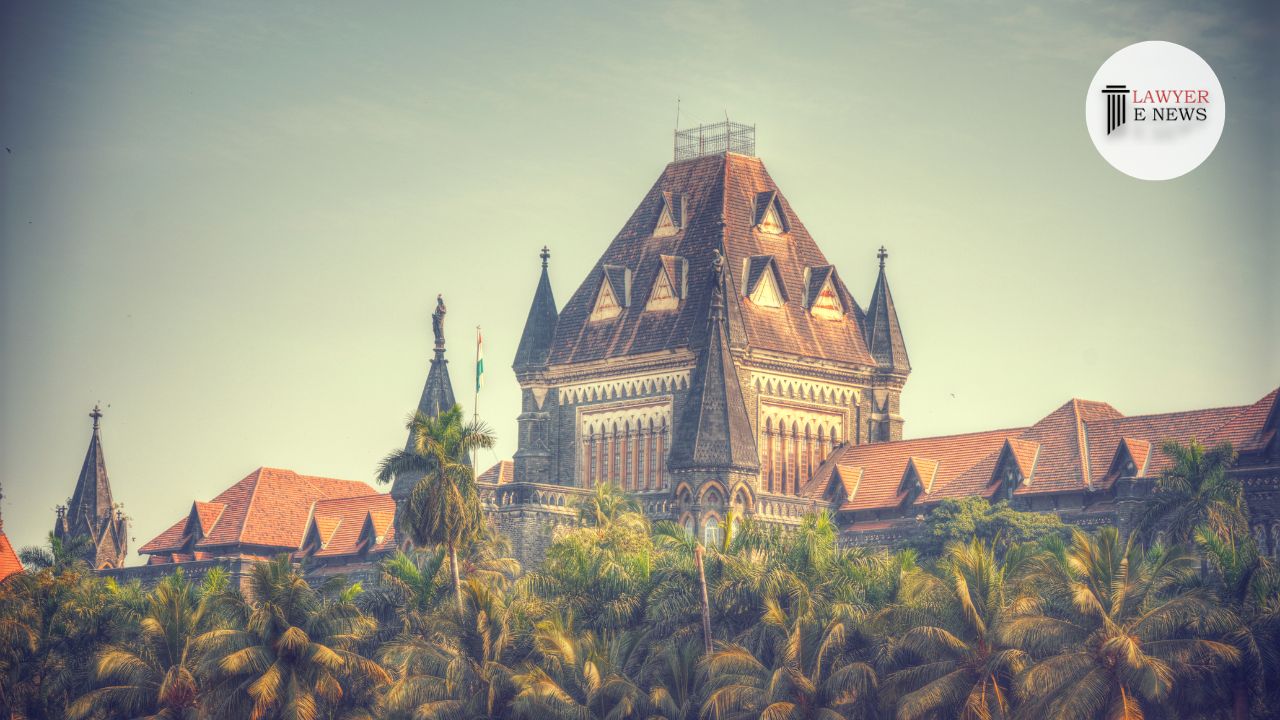-
by sayum
14 February 2026 2:22 PM



May 10, 2024: The Bombay High Court, in a critical judgement delivered by Justices Revati Mohite Dere and Manjusha Deshpande, highlighted significant concerns over the arbitrary detention practices of GST officials, stressing that “deprivation of liberty even for a single day is one day too many.”
Legal Context and Background: The court addressed the petition under Article 226 of the Constitution, concerning the alleged illegal arrest and detention of Mahesh Devchand Gala by the CGST officials beyond the statutory 24-hour period without proper justification, claiming a violation of fundamental rights.
Facts and Issues Arising: Mahesh Gala was detained by CGST officials on suspicion of GST evasion. His counsel argued that the arrest was arbitrary, citing prior cooperation and compliance with tax regulations by Gala and his company. It was contended that despite providing necessary documents and complying with a full audit in 2021, Gala was unlawfully detained for over 24 hours without production before a magistrate.
Unlawful Detention: The court noted that Gala was detained without sufficient cause and the explanations offered by CGST for the delay were “prima facie unconvincing” and seemed to be an afterthought.
Arbitrary Detention Practices: The justices criticized the practice of detaining individuals overnight under the guise of recording statements, emphasizing the importance of safeguarding individual liberty and maintaining judicial oversight to prevent misuse of detention powers.
Contradictory Affidavits: The court highlighted contradictions in the affidavits submitted by the respondents, which attempted to justify the delay in production but were inconsistent with previous statements.
Reference to Apex Court Rulings: The judgement frequently cited the Supreme Court’s perspective on the arbitrary deprivation of liberty, aligning with the principle that the judiciary must act as the first defense against misuse of state power.
Decision: Granting interim bail, the court ordered the release of Mahesh Gala on a cash bail of Rs.25,000 with the stipulation to furnish a Personal Recognizance Bond and sureties within six weeks. The next hearing was scheduled for June 24, 2024, to further address these issues.
Date of decision: May 10, 2024.
Mahesh Devchand Gala vs. Union of India & Ors.
